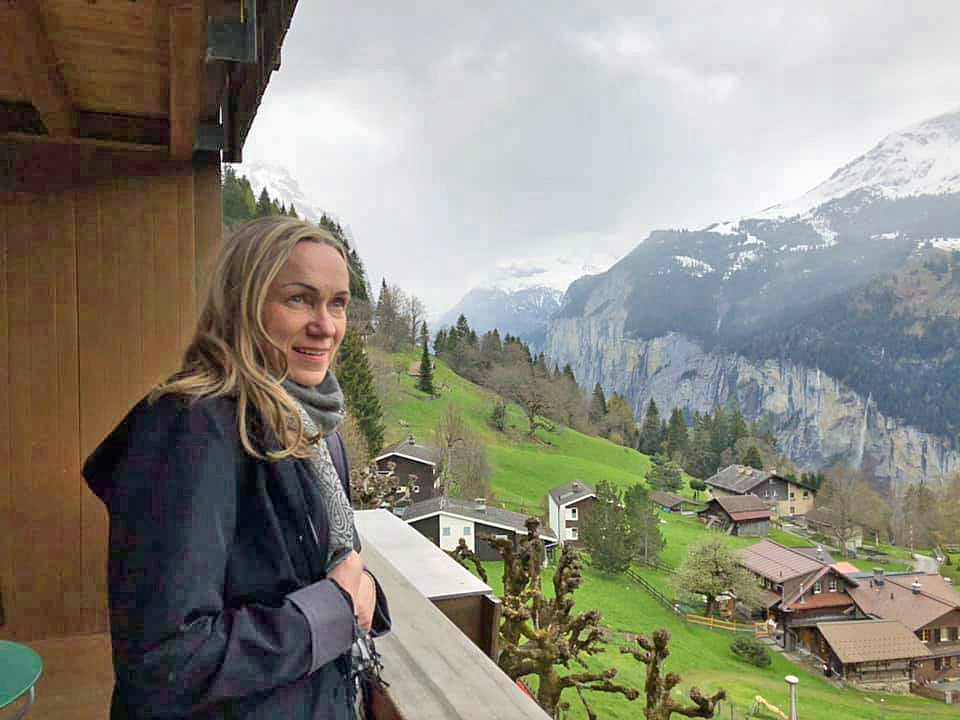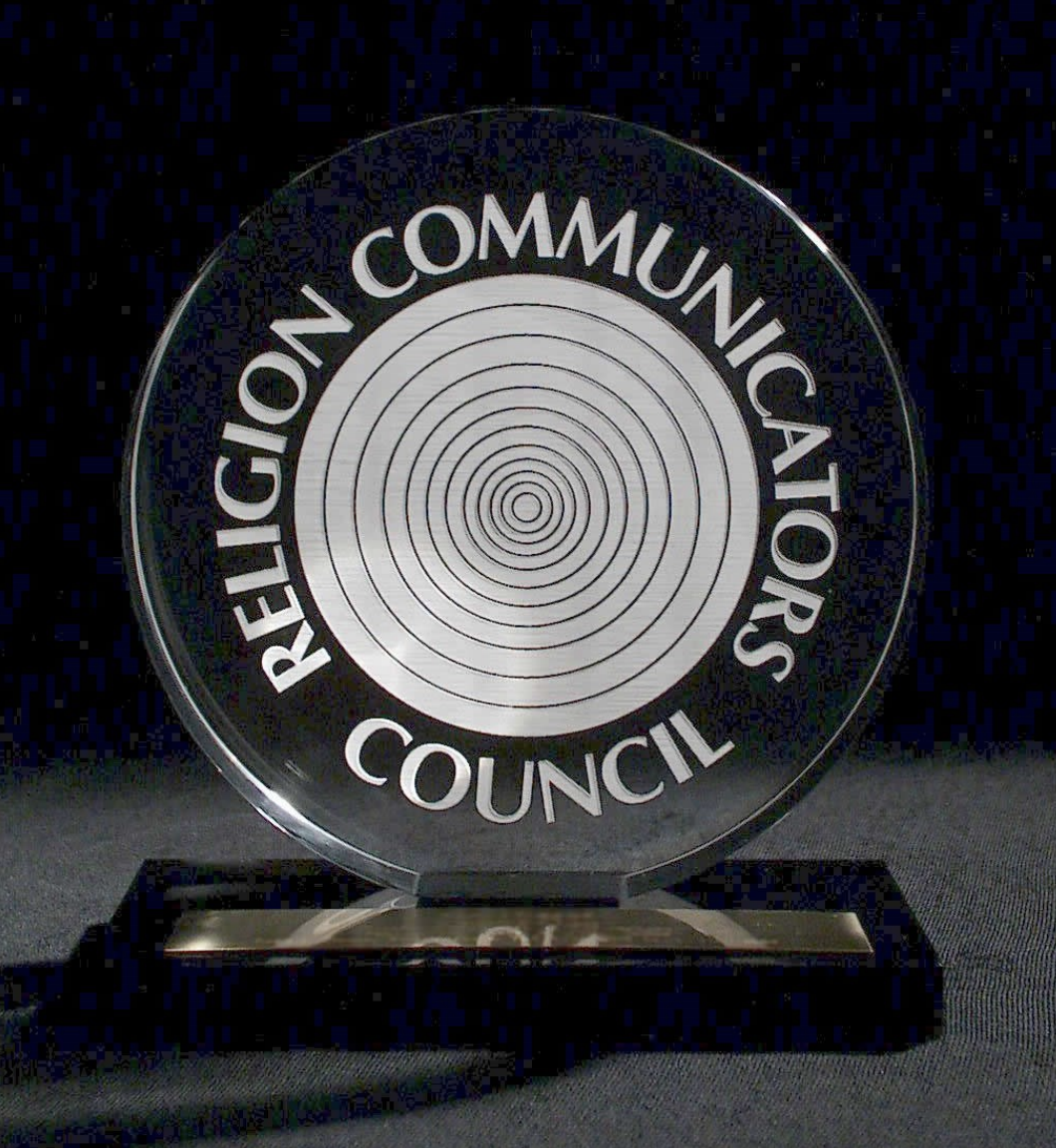
Five helpful habits for effective consultation

By Jeremy Lambshead
In a world prone to “us versus them” thinking, how can we strengthen our capacity to build consensus and unity of thought? The Bahá’í Writings describe a unique collective process referred to as “consultation.”
According to the Ruhi Institute, Bahá’í consultation helps people reach agreement, solve problems, define a course of action, foster awareness and well-being, and contribute to social transformation. This process can assist individuals and groups to elevate the character of their discussions in all arenas of life, including personal, professional and family lives, relationships and community service.
Sounds great, right? But how do we ensure the process yields the intended results? A thorough introduction exceeds our present scope, but below are some helpful habits for effective consultation.
Establish genuine love and unity through spiritual practices
-
-
- “True consultation is spiritual conference in the attitude and atmosphere of love,” ‘Abdu’l-Bahá remarked in a 1912 talk published in The Promulgation of Universal Peace. Today, Bahá’ís like Ravi Starr suggest investing ample time upfront in joyful fellowship, singing, and even laughter to create a loving atmosphere. This makes consultation more unified, efficient, and fruitful.
- These actions are complemented by heartfelt prayer and meditation on profound verses at the outset. Another Baha’ifriend, Eric Dozier, points out, “It’s not like we pray and then get down to business. Rather, praying is our business. It’s just as important as whatever the consultation is about.”
-
Define the question and discuss relevant facts and principles
-
-
- Before jumping to solutions, understand the nature of the question at hand—and articulate it clearly.
- Present the facts. As the Universal House of Justice elucidated in its March 2, 2013 letter, true consultation “gives due importance to valid empirical information.”
- Identify the relevant principles and guidance to build unity of purpose and vision.
-
Focus on investigating reality and seeking truth
-
-
- Probe beneath the need to simply solve a problem or make a decision, and search for the truth at the root of the issue.
- Truth is not defined as the “compromise between opposing interest groups.” (Universal House of Justice letter of March 2, 2013)
- Rather than defend your viewpoint, ask thoughtful questions that stimulate the search for truth.
-
Encourage perspectives that are diverse, frank, humble, and detached
-
-
- Seek out perspectives from a diverse swath of people.
- Empower each participant to express their views “with absolute freedom.” (‘Abdu’l-Bahá, quoted by Shoghi Effendi in a letter dated March 2, 1922)
- Question the validity of our personal opinions. Ruhi Book 10: Building Vibrant Communities notes that social forces can distort the truth, and no method of an individual pursuing knowledge is entirely reliable on its own.
- Instead of preparing to speak while someone else is sharing, carefully consider the views expressed by others.
- Once you express your idea, practice detachment—it now belongs to the group.
-
Refine your understanding through a process of “learning in action”
-
- Ascertaining the truth creates unity of thought. “Reality or truth is one,” ‘Abdu’l-Bahá said, as recorded in The Promulgation of Universal Peace. “If they seek reality itself, they will agree and be united.”
- Ensure unity of action by supporting the group’s decision—even if you did not agree with it—because “in unity the truth will be revealed and the wrong made right.” (‘Abdu’l-Bahá, Bahá’íi World Faith, p. 411)
- Continue learning through a dynamic, iterative process of action, reflection, study, and consultation.
To strengthen the process of consultation—and the larger learning process it contributes to—we can adopt the habits delineated above. Through informed consultation, we are nurturing a culture which encourages its use and collective growth.
Another Bahá’í, Tricia Bailey, thinks about “the culture encompassing all the interactions leading up to, during, and after a discussion.” Bailey notes that in her workplace, consultation has led to a “formal process to build capacity to consult through explicit conversations around team values and modeling,” adding that senior team members have become “coaches” in this process.
To apply these principles in your daily life, what step could you take to strengthen the process or culture of consultation as an individual, community member, in an institutional role, or in other social spaces you inhabit?




